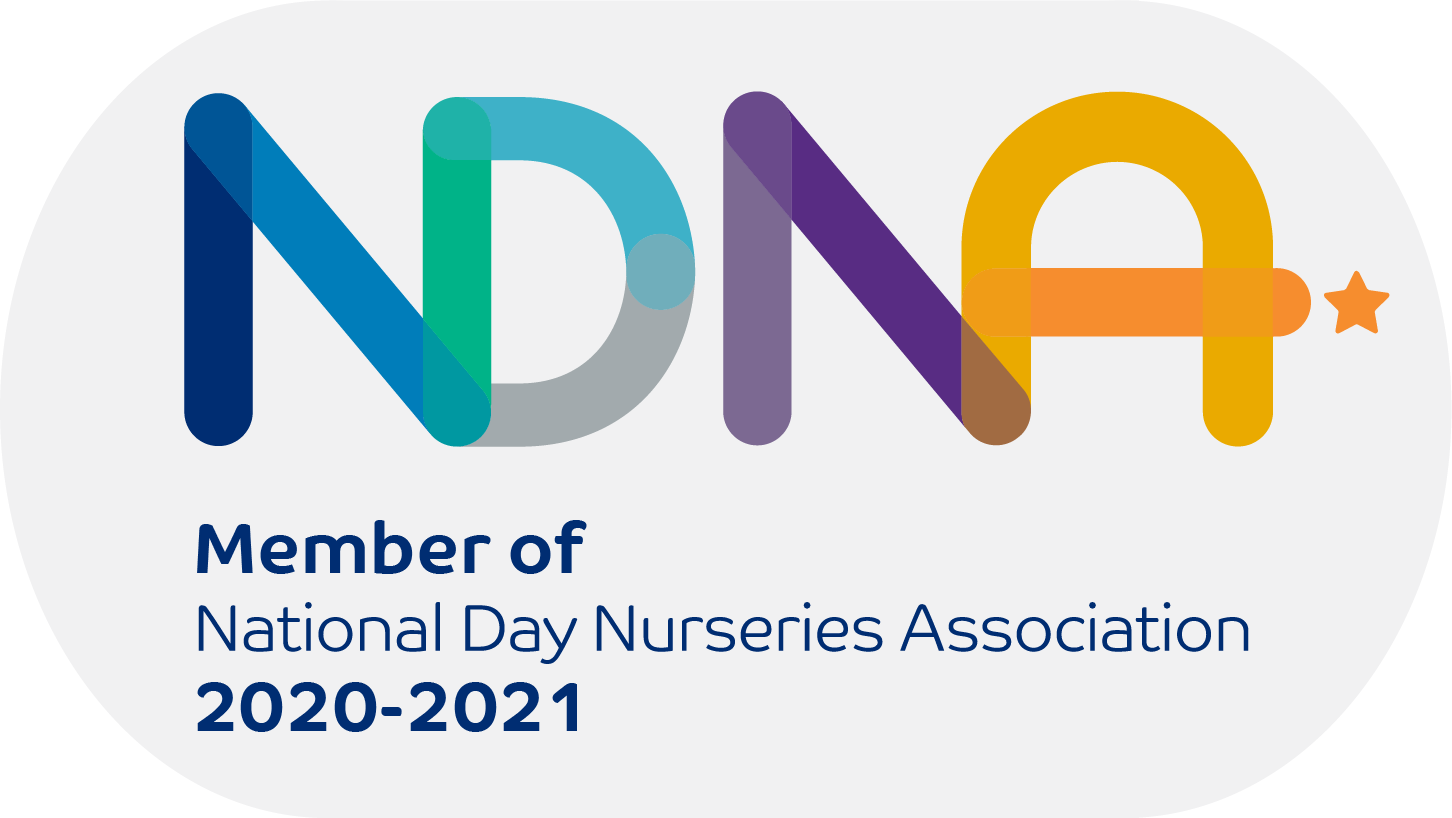Preparing Your Child For Nursery - 2. Food
Posted on 3rd May 2018 at 15:06
Before we talk all things food, a massive thank you for all the great feedback on part one of our series, where we spoke about how to prepare your child for the nursery when it comes to sleep. If you haven't read our previous blog post, make sure you head over HERE.
Now it's time to talk about what you as a parent can do when it comes to food before your little one starts nursery.
Food can be one of the most complex areas of a child's development to perfect. Food is not only essential to ensure your baby is getting a wide variety of nutrients but also for other areas such as speech development.

In this blog, we cover what parents should be aware of and potentially avoid, to ensure:
1) a smooth transition when they arrive at a nursery
2) your child develops to be the best version of themselves
Please note that some of these tips depend on the age of your child, if you are ever unsure or want some extra support, please feel free to contact us directly so we can help you.
CHEW, AND CHEW AGAIN!
Along with promoting general health and well-being, the most fantastic thing that food can do for children - which many people don't realise - is help them to talk by strengthening the muscles around their jaw area.
Speech development is something that your children will need to be able to progress and grow, not only at nursery but also in day to day life. Like any other muscle or form of development, it only improves or gets stronger by constant use, contraction and repetition.
However, with the rise of new food products in the supermarket explicitly aimed at children, such as pouches, if a child consumes too much of a particular type of product which does not naturally encourage children to chew and use their mouth, this area of development can easily be compromised without even knowing.



Pouches, although they are a great way for children to get a wide amount of nutrients in one easy serving, this 'sucking' action over time can discourage the muscles around the jaw and mouth area to be thoroughly used and activated, which in turn can have long-term effects on a child’s speech development if overlooked.
To aid oral development we actively encourage young children to move onto doidy cups, as these are a great step away from dummies and bottle while working towards great engagement of the muscles around the jaw area.

DIET
Here at Wellies Day Nursery, we ensure every child follows a diet which is high in macro and micronutrients and low in sugar.
WHY high in nutrients?
A diet with a variety of nutrients can help children to grow and become strong, while also being essential for good brain health and development.
WHY low in sugar?
A low sugar diet is generally better for both oral and gum health.
In addition, a low sugar diet avoids your child experience crashes in mood, hunger and energy throughout the day.
When starting to think about your child’s transition to nursery, what makes this smoother is when parents expose their little one to as much variety and yummy tasting foods as possible. Variety is king!

We are blessed to have an incredible in-house chef who loves to switch up meal times for your little ones to make it a fun and exciting experience every time. So, we always encourage introducing to your child to as many new foods as possible before they arrive at a nursery. That way, it won’t be surprising or scary for them when they are offered something they have never tried before when at nursery.
We hope you found this blog helpful when the time comes to start preparing your child for nursery. The next blog in this series will look into the use of dummies and socialisation concerning preschool.
Don't forget that our team at Wellies are always happy to help you as much as we can. We're still excited to hear your feedback on our blogs, and if you want us to cover anything in particular over the next few months be sure to let us know.
Tagged as: Child Development, childcare buckinghamshire, Childcare Newport Pagnell, Healthy Eating Children, Preparing your child for nursery
Share this post:







